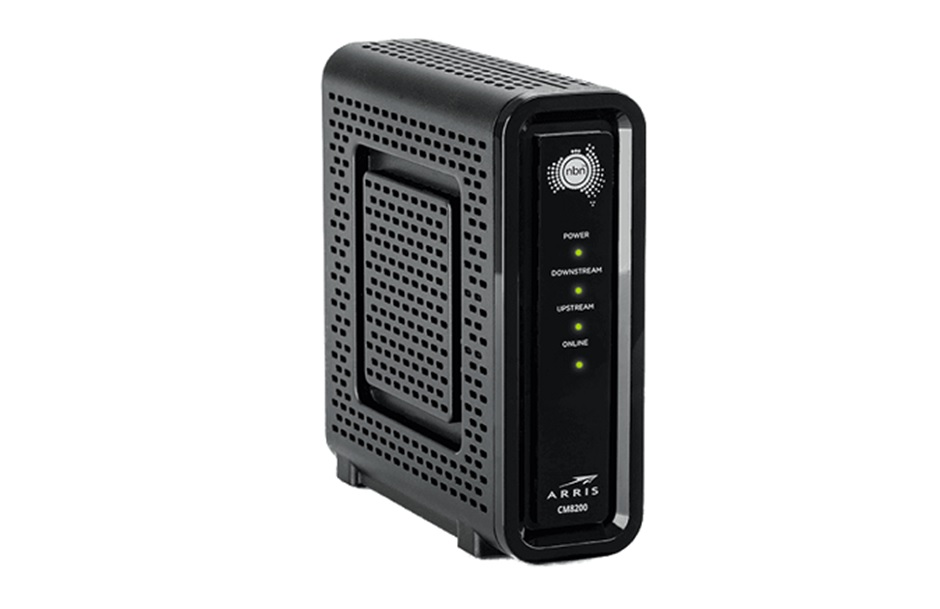
Choosing a VoIP (Voice over Internet Protocol) service provider is a significant decision for both individuals and businesses seeking to leverage the power of the internet for communication. VoIP technology enables voice communication to be carried out over the internet, offering an efficient, cost-effective alternative to traditional telephone lines. Whether for international calls, video conferencing, or seamless integration with digital business tools, VoIP services have become indispensable in the modern communication landscape. Here’s what you need to consider when selecting a VoIP service provider:
Quality of Service
The clarity and reliability of voice calls are paramount. Seek providers that guarantee high-quality voice transmission without lags, jitters, or dropped calls. This is especially important in professional settings where clear communication is critical.
Range of Features
VoIP providers often offer a suite of features beyond voice calls, including video calls, voicemail-to-email, auto-attendant, call forwarding, and integration with CRM systems. Identify the features that are most relevant to your needs and check if they are included in the base price or require additional fees.
Scalability
Your VoIP system should be able to grow with your needs. Whether you’re expanding your business or need more personal flexibility, your provider should offer easy scalability options for adding lines, numbers, or upgrading features without significant disruptions.
Pricing Structure
Examine the pricing models of potential providers. Some offer pay-as-you-go plans, while others might provide unlimited calling for a flat monthly fee. Consider the nature of your calls (local, long-distance, international) and choose a plan that offers the best value for your specific usage patterns.
Security and Compliance
With the rise of cyber threats, security cannot be overlooked. Ensure your VoIP provider offers robust encryption for voice communications and complies with regulations relevant to your industry, such as HIPAA for healthcare or GDPR for businesses operating in or with the European Union.
Reliability and Uptime
Look for providers with a strong track record of reliability and minimal downtime. Service level agreements (SLAs) should guarantee a certain level of uptime, offering compensation if this is not met, ensuring that your communications infrastructure is consistently available.
Customer Support
Effective customer support is crucial for addressing any issues that arise promptly. Choose providers that offer comprehensive support through multiple channels (phone, email, chat) and consider their availability (24/7, business hours) based on your requirements.
Ease of Use and Management
The VoIP system should be user-friendly, with an intuitive interface for managing settings, adding users, and accessing features. Some providers offer a web-based dashboard or mobile app for convenient management on the go.
Integration Capabilities
For businesses, the ability to integrate the VoIP system with other tools (email, calendars, CRM software) can streamline workflows and increase efficiency. Check if the provider supports integration with the platforms you use.
Reviews and Reputation
Lastly, research the provider’s reputation through customer reviews and testimonials. Feedback from current and past users can provide valuable insights into the provider’s reliability, customer service quality, and overall user satisfaction.
Selecting the right VoIP service provider involves balancing quality, features, cost, and reliability to find a solution that meets your communication needs. With the right provider, VoIP technology can significantly enhance your ability to connect with others, both within and outside your organization, in a flexible and cost-effective manner.


